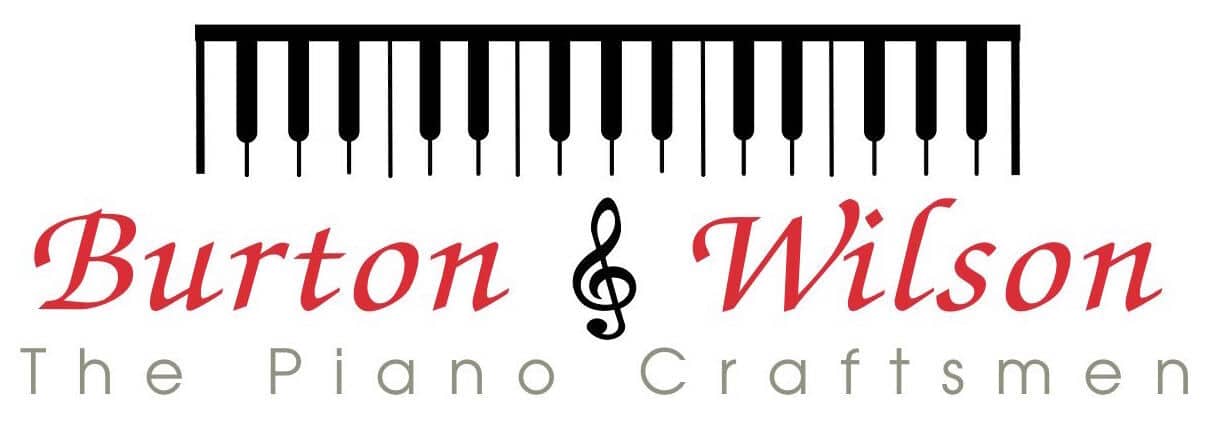Learning how to store a piano properly can make a huge difference in its worth, which is particularly useful considering the instrument’s price.
Understanding how to store a piano properly is essential regardless of whether you intend to move, fix, or replace an old instrument. Read this article to learn more about piano storage.
Never do Piano Storage In A Garage
Most garages don’t have climate control, such as air cooling. It is impossible to change anything about the surroundings, such as the humidity and temperature. In this case, the garage should only be used for storing an instrument if the area is controlled by climate.
Exposure to elements in a garage may ruin a piano’s surface. Pianos are very delicate and susceptible to extreme temperatures and humidity. The ideal temperature for tuning and controlling an instrument is 68°F. However, the temperature in a typical garage will typically be about 20 degrees Fahrenheit higher than the average air temperature. For instance, if the temperature outside is 70°F in a garage, the temperature inside could quickly rise to 90°F. Imagine bringing a grand piano to the area. The piano’s wood and keys would begin to expand, the instrument’s polish would degrade, and the vital components would likely break off.
Prepare the Piano for Storage
- Clean the piano thoroughly to remove dust, dirt, and fingerprints from the surface. Use a soft, dry cloth to gently wipe down the keys, case, and other parts of the piano.
- Close the keyboard lid and cover the piano with a fitted cover or soft cloth to protect it from dust and debris during storage.
Never Store Your Piano Outside The Patio
Leaving the piano exposed to the outside elements is not a good idea, as it will depreciate. Placing your piano in the backyard would expose it to various temperatures, even if you reside in a warm climate. Keeping the appropriate temperature and humidity is the only important thing for pianos. In addition, many pests, such as rodents, lizards, spiders, and beetles, will likely live inside your piano.
The insects are attracted to the instrument’s case and can easily hide and hunt. Eliminating these insects from your instrument will be a challenging task shortly.
Secure the Piano for Transport (if applicable)
- If you need to transport the piano to a storage facility, hire professional movers specializing in piano moving. They have the expertise and equipment to safely transport the instrument without causing damage.
- Ensure the piano is secured correctly and padded during transport to prevent scratches, dents, or other damage.
Do Wrap It In Blankets
You should start by buying an accurate cushioned blanket set. This will ensure that the wooden framework of your instrument will not be damaged if it is struck by the walls in the truck or piano storage facility due to the blankets. The legs of the instrument, as well as the body, are usually taken off before wrapping. Shrink-wrapping the piano before applying the blanket protects it from dust and moisture. This shrink wrap also protects the instrument’s finish from fingerprints and dirt. It’s okay to wrap your piano before storing it if you intend to keep it briefly. When the piano is in its storage location, it can be removed for longer durations.
In time, the plastic will stick to the piano’s surface, making removal difficult. The instrument should be secured after being covered with blankets and plastic. Straps made from durable materials that can be tied or buckled are great.
Hitting The Right Note With Your Storage Options
Proper piano storage ensures its durability and long-term performance. It is crucial to keep your instrument in an airtight, well-ventilated area, far from direct sunlight and sources of extreme cold or heat. It is also essential to keep the tuning pins lubricated. Ensure you use humidifiers to maintain an even humidity in the room and inspect the tune regularly.
Following these steps will ensure the piano performs well and has been in good shape for decades.
If you’re searching for piano storage services, search for our services at Burton & Wilson. Contact us now, and let us manage your piano in the highest respect and the storage it requires.
Last Thoughts
Proper piano storage is essential to protect this valuable instrument from damage and preserve its beauty and performance. By following the tips outlined in this guide, you can ensure that your piano remains in top condition, whether in storage for a short period or an extended duration. Remember to choose a suitable location, prepare the piano for storage, secure it for transport if necessary, position it correctly, maintain proper humidity levels, and regularly check and maintain the instrument. With the proper care and attention, your piano will continue to bring joy and music into your life for years.
Contact Burton & Wilson Piano Services for expert piano storage solutions and maintenance.


 COCKTAILS & More
COCKTAILS & More